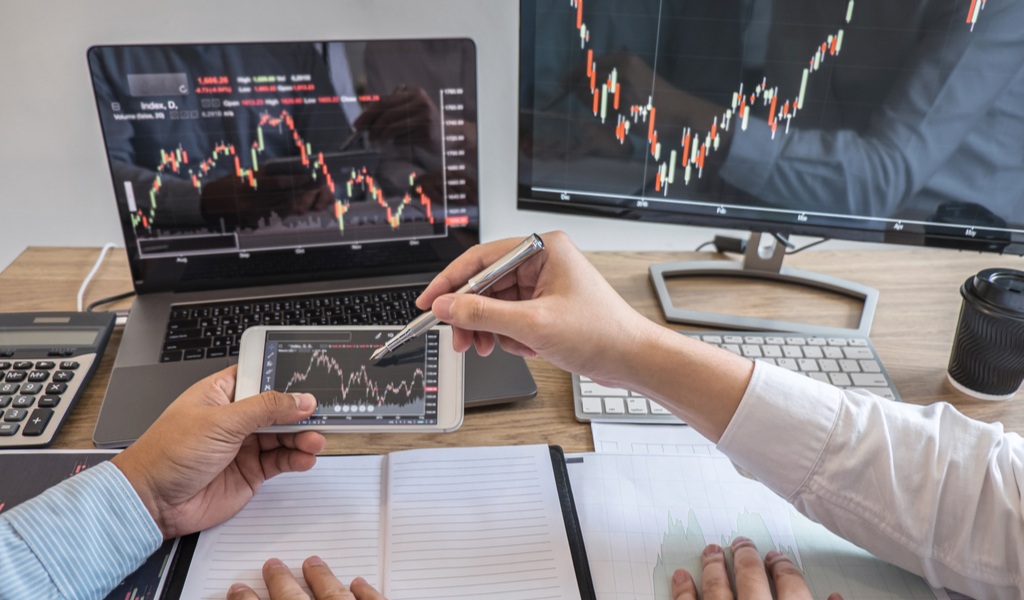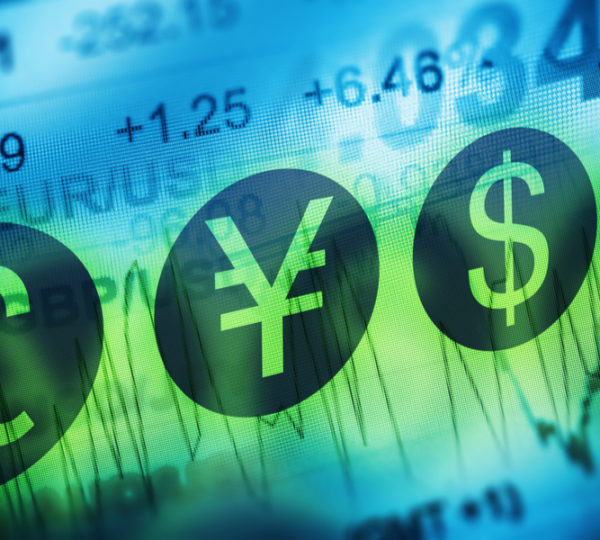Almost everyone knows about the stock market in some way. We know, on a basic level, that nearly every company is broken down into shares of stock and that the majority of the general public can purchase these shares, and then turn around and sell them at will. This is what’s known as stock trading. In comparison, the Forex trading market operates by the same basic structure-buying and selling-but there are a few marked differences.
One of the biggest differences between the typical stock market and Forex trading is what it is that you’re buying and selling. As previously stated, the stock market involves stock shares of a business. On the other hand, the Forex market involves currency. In Forex trading, you are buying or selling international money.

Another difference is the hours of operation. The normal stock market closes all activity at the end of regular business hours each day and also does not stay open through the weekend. Forex trading is open 24 hours a day, 5 ½ days a week. The reason for this is because the Forex market is global; it may be the middle of the night where you are, but in other countries it’s the middle of the day. Forex trading needs to be available to everyone across the world.
Additionally, Forex trading is not done in a marketplace like the stock market. All transactions are done electronically through computer network. Traders operate in the main financial centers in specific locations around the world. Tokyo, Zurich, New York, London, Hong Kong, Paris, Sydney, Singapore and Frankfurt are homes to these financial centers where currencies are traded.
Getting started in Forex trading can be a bit confusing for many people, especially if you’ve never even bought or sold on the stock market and don’t have a grasp of the general idea of it all. For beginners, you can find a broad range of training programs that can teach you everything you need to know. Many of these programs also provide you with a fake trading account to help you practice what you learn. This idea is only good for people who want to be involved in Forex trading on their own.
Another option for beginners, as well as anyone who doesn’t have the spare time to devote, is using a Forex broker. Similar to stock brokers, a Forex broker is authorized-by you- to buy and sell on your behalf based on conditions you have set. Using a broker is a good idea when you want to ensure that things are going the way that they should.
The Forex trading market is broken down to individual ways to trade: the futures market, forwards market, and the spot market. The forwards and futures markets are centered on the spot market, which is why most traders prefer the spot market. At one time, the futures market was preferred because it was available longer. The transition to the spot market coincides with the surge of electronic trading.

The spot market is the part of Forex trading where currencies are traded based on the current prices. These prices are influence by supply and demand. They are also influence by interest rates and how one currency is perceived to perform against another.
The forwards and futures markets are a bit different. They both deal in contracts instead of currencies. These contracts are agreements between two parties that specify the terms of the Forex trading, including the currency claims and a price for each currency unit, with a specific end date. The forwards market is based on contracts where both parties make their own agreements, while the futures market is contracts that are based on public commodities markets.



